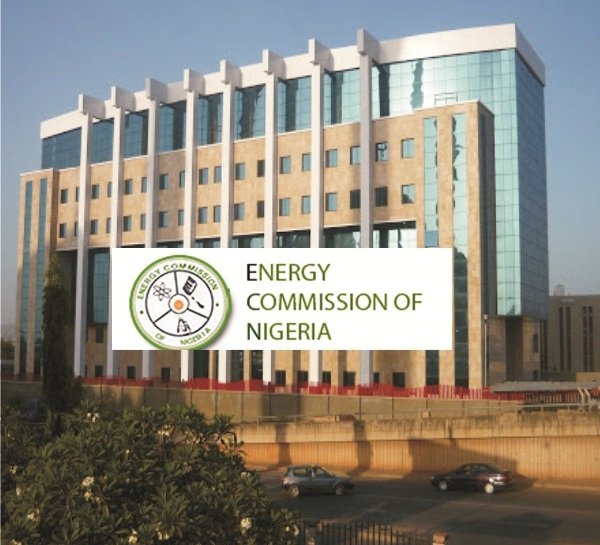N10b State House Solar Project Signals Shift Toward Energy Self-Reliance, Says ECN

The Energy Commission of Nigeria (ECN) has described the Federal Government’s recent approval of a ₦10 billion solar power project for the Presidential Villa as a strategic investment in the country’s energy future. Speaking at a media briefing in Abuja on Friday, ECN Director General, Dr. Mustapha Abdullahi, said the initiative marks a crucial step toward sustainable power, universal access, and reducing dependence on traditional electricity sources. Abdullahi emphasised that the project is in line with President Bola Ahmed Tinubu’s broader energy agenda and should not be viewed in isolation.
He noted that before this administration, several federal institutions including the State House, owed the Abuja Electricity Distribution Company (AEDC) ₦47.1 billion in unpaid electricity bills, a practice he said was unsustainable. “The government’s shift to solar is not just about lighting the Villa, it’s about cutting long-term costs, easing pressure on the national grid, and modeling efficient energy use for the rest of the country.”
Abdullahi added that the initiative will also stimulate job creation in solar manufacturing, system design, installation, and maintenance, while fostering innovation among local engineers, entrepreneurs and young professionals in the green energy sector.
Highlighting global examples, he pointed to successful solar initiatives in Kenya, Bangladesh, and Germany, and stressed that even the White House in the U.S. uses alternative power sources.
“The Aso Rock solar project sends a powerful message as Nigeria is ready to take control of its energy destiny. “It lays the foundation for a decentralised renewable energy system that can transform rural and under-served communities.”
He urged Nigerians to look beyond the project’s ₦10 billion price tag and focus on its long-term benefits, which are affordability, sustainability, and a future of uninterrupted power for all. The ECN boss also referenced President Tinubu’s National Energy Compact, unveiled during the Mission 300 Summit in Tanzania, which outlines power projects across the entire energy value chain. Valued at over $5.3 billion and backed by international partners like the World Bank, African Development Bank, European Union, and USAID, these initiatives include both grid and off-grid solutions. “This administration is committed to solving Nigeria’s electricity challenges from generation to distribution and this project is a key part of that journey,” he added.
Furthermore, he announced a novel solarisation programme called the Renewed Hope Solarisation Project for the provision of 2 megawatts of Clean renewable energy in each of the 37 Federal Universities across the 36 states and the Federal Capital Territory (FCT). He added that the government is also providing two megawatts of solar hybrid systems in each of the 37 tertiary hospitals across the 36 States and FCT.
THE NATION

 TSOEDE TV
TSOEDE TV 











